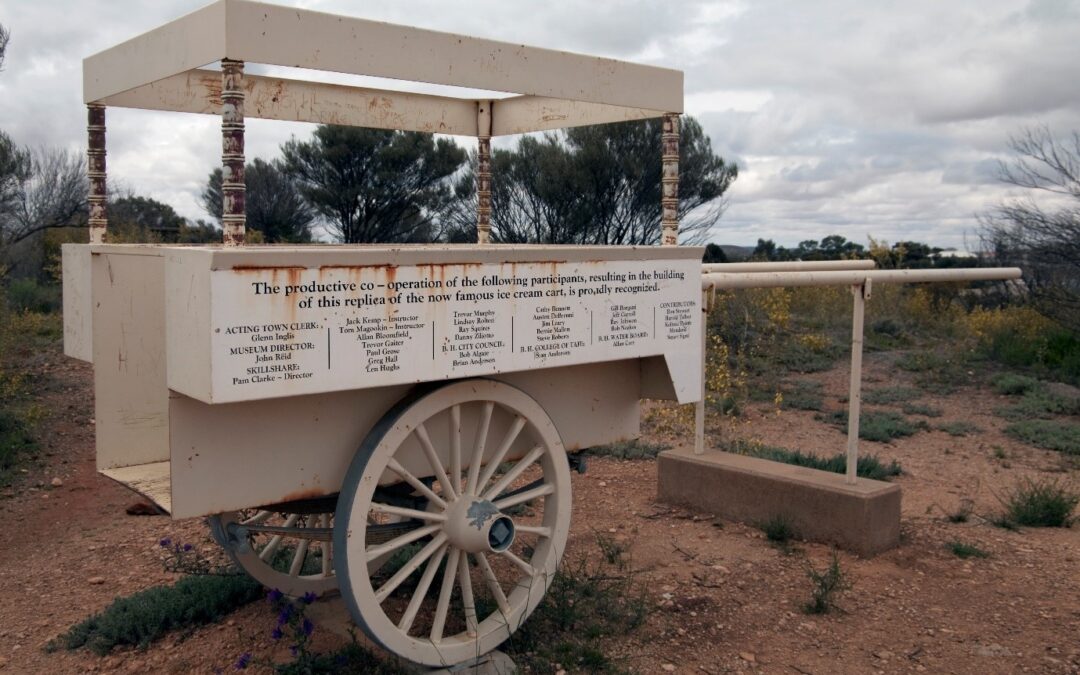In the early 20th century, Broken Hill, a mining town in New South Wales (NSW), Australia, had a significant population of European immigrants. During this period, anti-German sentiment was prevalent due to the ongoing World War I. This tension set the stage for a tragic event that would later be known as the Battle of Broken Hill.
On November 14, 1914, the Sheikh-ul-Islam, the religious leader of the Ottoman Turkish Empire, declared a holy war (Jihad) on behalf of the Ottoman government. He urged his Islamic followers to take up arms against Great Britain and its allies, calling for the defence of the Ottoman Empire. This declaration had far-reaching effects, influencing various parts of the world, including Australia and India.
In India, the call for Jihad and the subsequent abolition of the Ottoman caliphate contributed to the Moplah (Mappila Muslims) riots in Kerala in 1921. During these riots, approximately 1,500 Hindus were massacred by Muslims, who were ostensibly fighting against British colonial rule along with Hindus.
A few weeks after the Ottoman declaration, on January 1, 1915, two Muslims from colonial India, popularly known as Afghan cameleers, attacked the Manchester Unity picnic train in Broken Hill. This incident is often considered the first terrorist attack on Australian soil, though it is more commonly referred to as the Battle of Broken Hill. The attackers, Gool Mohamed and Mulla Abdulla, were driven by politico-religious motives, despite not being affiliated with any formal organisation.
The attack resulted in the deaths of four Australian picnickers and injuries to seven others. The train had been carrying 1,200 people at the time. The attackers were ultimately shot dead by the police. This event prompted the Australian government to increase surveillance and impose restrictions on enemy aliens, particularly those of German and Turkish descent. It also reinforced a sense of loyalty and unity among Australians against perceived external and internal threats.
Gool Mohamed was born in Afghanistan in 1875 and came to Australia as a cameleer. He had briefly served with the Ottoman Empire army and later became an ice-cream hawker in Broken Hill, NSW. He frequented with ice cream cart carrying Turkish flag in the town, suggesting integration of some migrants was still a problem more than 100 years back in Australia. Mulla Abdulla, born near the Khyber Pass around 1855, served as the Imam and halal butcher for the Broken Hill camel camp. Anecdotes suggest that both men faced marginalisation from the local community, with reports of children throwing stones at them.
The Battle of Broken Hill is a significant event in Australian history, reflecting the complex interplay of global politics, religious fervour, and local – social dynamics during World War I. It serves as a reminder of the far-reaching impacts of international conflicts on local communities and the often-overlooked stories of individuals caught in the crossfire of history.
Notes
- The Battle of Broken Hill by David Matheson , Railways and Tramways of Australia. (www.railtram.com.au)
- Battle of Broken Hill an act of war or terrorism won’t be commemorated, Sydney Morning Herald , October 31 , 2014.
